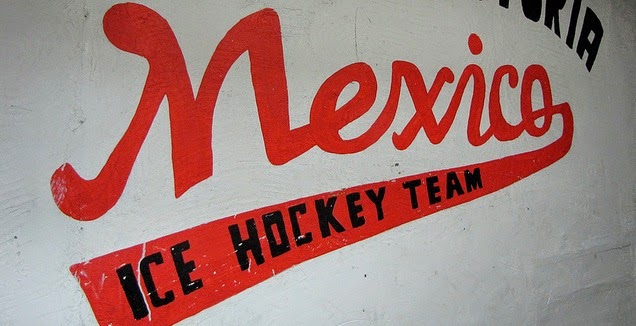It's time to legalize sports wagering
By David Agren
The NCAA basketball tournament dubbed “March Madness” tips off this week, but the real action plays out in office pools across the continent.
A bettors dream, the event crams 61 single elimination games into a three-week frenzy. It spawns thousands of unsanctioned betting pools, which seduce its participants to gamble on the outcomes of a sport they know nothing about.
The pools attract so many participants, an office consulting firm calculated the businesses lose $1.4 billion in productivity during the event.
The FBI estimated bettors wager a staggering $2.5 billion annually on March Madness – 95 per cent of it illegally. Only Super Bowl generates more illegal betting. The U.S. Department of Justice estimated Americans illegally bet $80 billion on sports in 1997.
A legal and socially accepted diversion in the United Kingdom, sports bettors wager on anything and everything (U.K. bookmakers offer 66-1 odds the son of soccer star David Beckham and Posh Spice will play in Premier League). Yet sports wagering remains under tight control in North America – Pandora’s box no jurisdiction except Nevada has dared to open completely.
In Canada, the criminal code prohibits head-to-head wagering, but permits parlays (multiple event bets), which Canadians may place through Sports Select, which attracted wagers worth $343 million in 1997.
Sports Select players must correctly select the outcome of two or more games to claim a prize. The game provides limited gambling options, offers notoriously low odds and returns a meager 63 per cent of wagered money to bettors.
Bill Thompson, a professor of Public Administration and gaming expert at the University of Nevada at Las Vegas, said Nevada bookmakers offer payouts of 95 per cent.
“In Canada, the player is getting screwed,” he remarked.
No wonder betters seek out alternatives. The Globe and Mail reported a bookmaking syndicate in Quebec and Ontario attracted $20 million in wagers in just five months. They thrived on a thin five to eight per cent profit margin, almost thirty percentage points better than Sports Select.
Police busted the operation and a judge leveled a $300,000 fine against the operators to send a message.
Although perceived as the domain of organized crime, Mark Haller, a history professor at Temple University in Philadelphia who studies the history of urban crime and illegal activities, said his research has never demonstrated a link between organized crime and bookmaking.
He described the average bookmaker as an independent operator who likes what he is doing and sees himself as an honest businessman who must protect his reputation with his clientele.
“When they (the bookmakers) lose, they pay. When the customer loses, they don’t pay,” he said.
Bookmakers thrive by offering what the state sanctioned games lack: better odds, better selection and better customer service.
Garry Smith, a gambling research specialist at the Alberta Gaming Research Institute said sports wagering is less addictive than electronic forms of gambling takes a certain amount of skill to play.
“It’s one of the few forms of gambling where the player has a realistic chance to win,” he added.
The Alberta government installed ultra-addictive video lottery terminals – considered the crack cocaine of the gambling industry – in neighbourhood pubs ten years ago, but continues to outlaw sports bookmaking. Why the contradiction?
A version of this article originally appeared in the Mount Royal College Journal last April.
